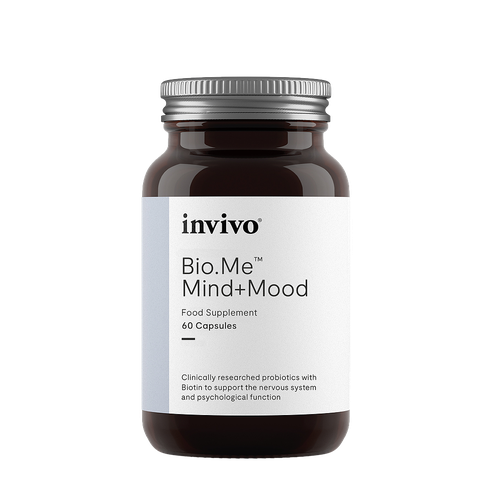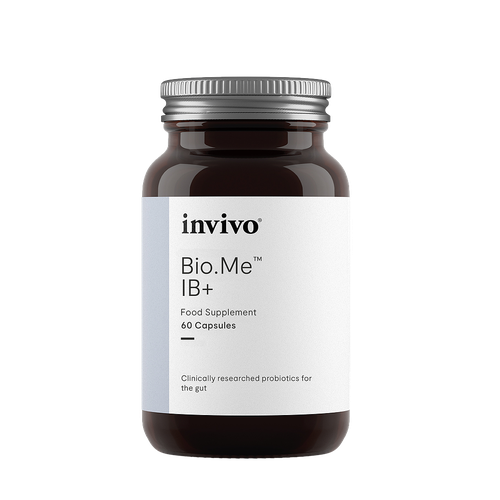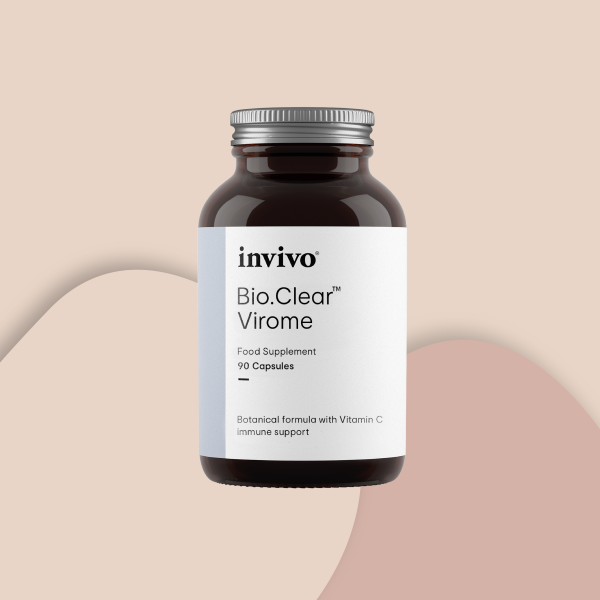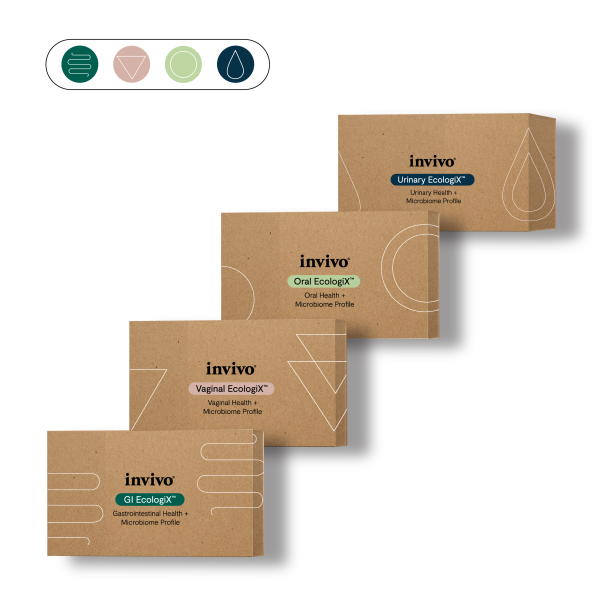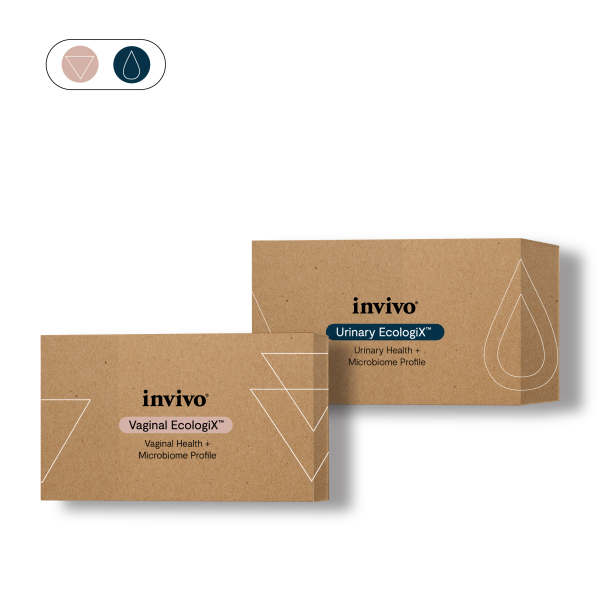N Acetyl Cysteine May Be Beneficial For Parkinsons Disease
By Michael Jurgelewicz, DC, DACBN, DCBCNDesigns For Health
N-acetyl-cysteine May Be Beneficial for Parkinson’s Disease, According to New Study
Parkinson’s disease is a debilitating neurodegenerative disorder that affects more than one million Americans each year, a figure expected to rise due to aging populations. The main characteristic feature of Parkinson’s disease is the progressive destruction of dopamine-producing cells in the substantia nigra region of the brain, where dopamine is made. This loss of dopamine production affects the communication between the brain and the body, causing muscle rigidity and tremors.
Present treatments for Parkinson’s disease are limited to replacing dopamine in the brain as well as specific medications designed to slow the progression of the disease. Recently, researchers have demonstrated the role of oxidative stress and its impact on the brain in the Parkinson’s disease process. This oxidative stress lowers glutathione levels, resulting in an increased demand for glutathione to help reduce the oxidative damage to the neurons.

According to a new study published last week in PLOS ONE, researchers from Thomas Jefferson University demonstrated a potential benefit of n-acetyl-cysteine (NAC) in patients with Parkinson’s disease.
Using brain imaging studies that tracked the levels of dopamine, the study showed that patients receiving NAC improved both mental and physical abilities. Patients with Parkinson’s were divided into two groups. One group received a combination of oral and intravenous (IV) NAC for three month period. These patients received 50mg/kg NAC intravenously once per week and 600mg of oral NAC twice daily on the non-IV days. The other group received only their standard Parkinson’s treatment. Patients were evaluated by standard clinical measures including the Unified Parkinson’s Disease Rating Scale (UPDRS) and a brain scan (DaTscan SPECT imaging), which measures the amount of dopamine transporter in the basal ganglia. The patients receiving NAC had improvements of 4-9% in dopamine transporter binding as well as 13% in their UPDRS score.
This demonstrates that NAC may have a unique physiological effect on the brain that alters the disease process and improves the function of dopamine neurons and, therefore, offers a new approach for managing patients with Parkinson’s disease.
Designs For Health N-Acetyl-Cysteine
N-Acetyl Cysteine (NAC) is an amino acid that is a precursor to glutathione, the bodys most powerful antioxidant. NAC is heavily researched in bronchial and lung disorders. It is also used for rapid recovery after workouts. NAC can be used in any cases where there is a need to rebuild the liver and promotes optimal detoxification. It is also researched for protection from heavy metal damage.
-mf67aa.jpg)
